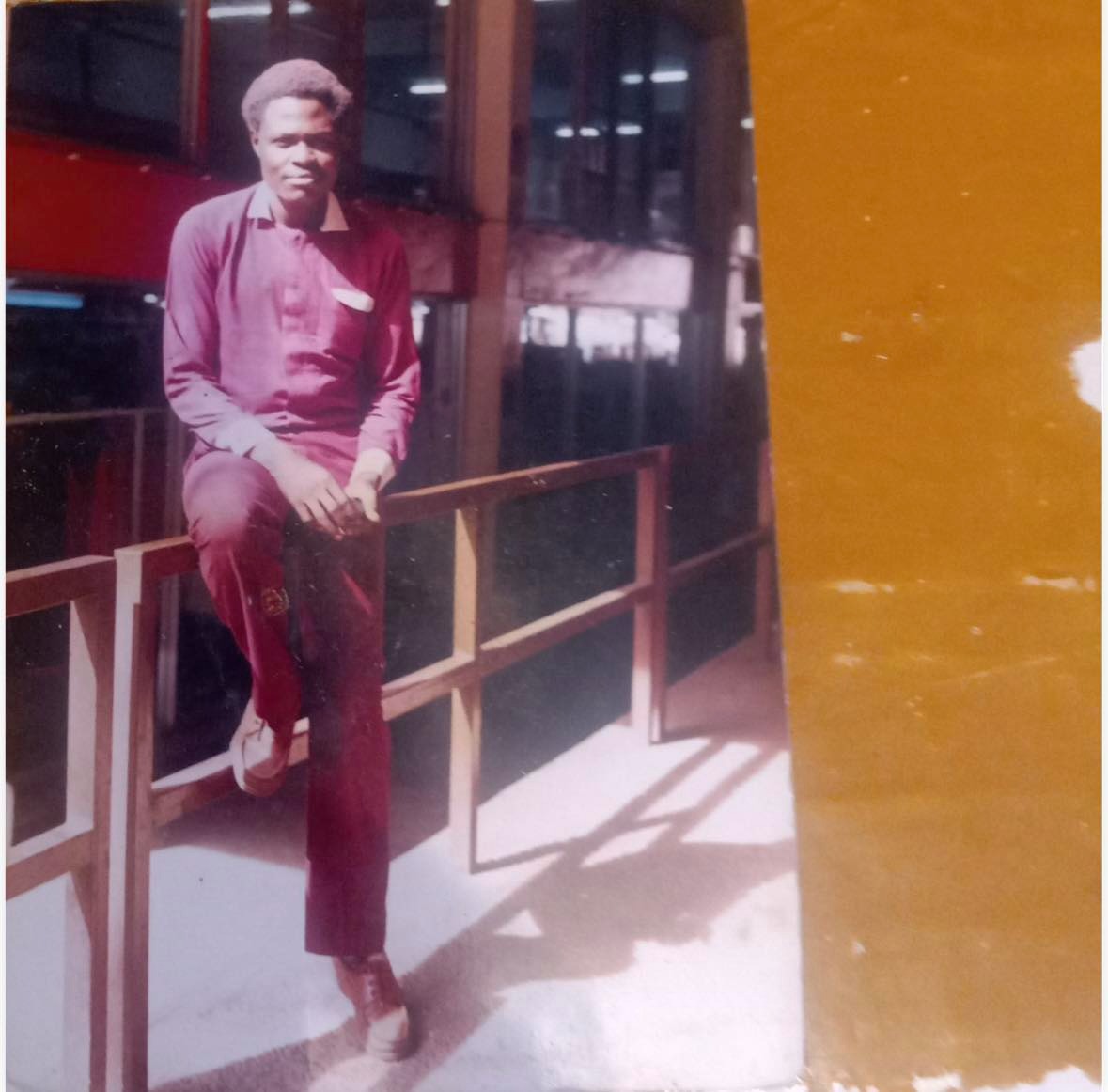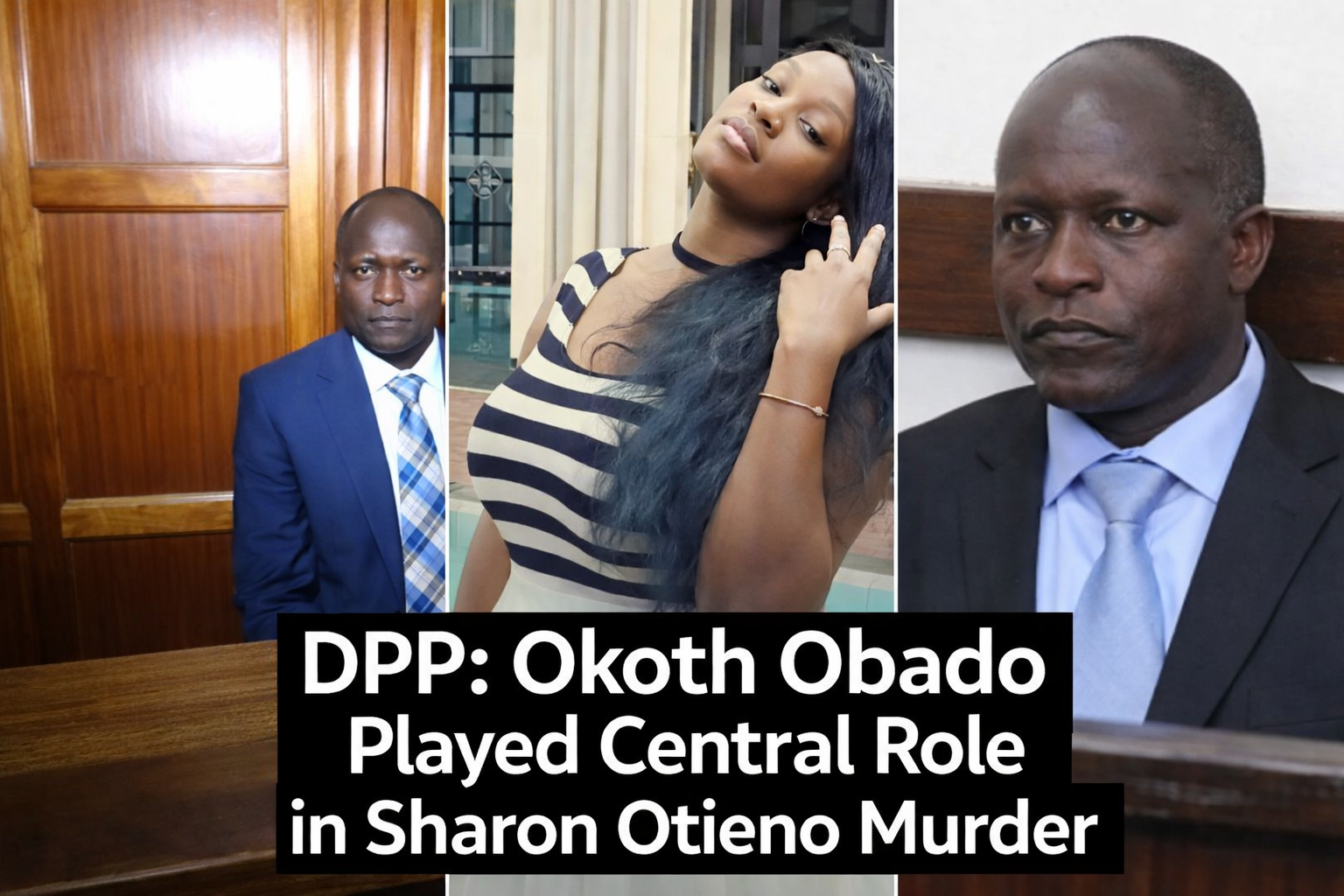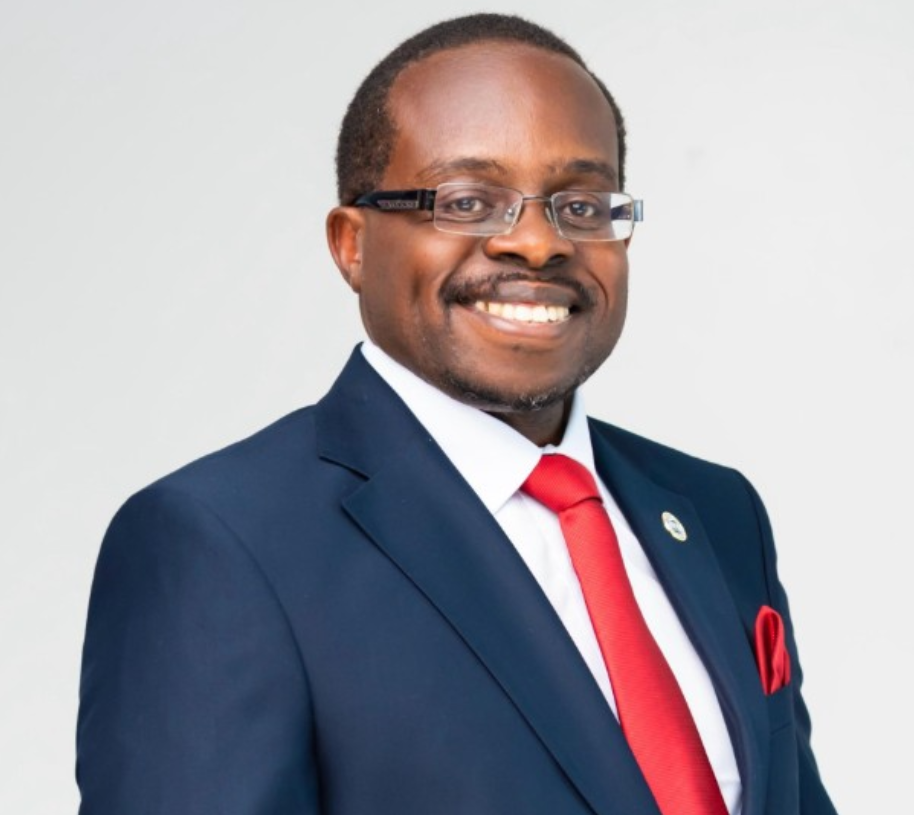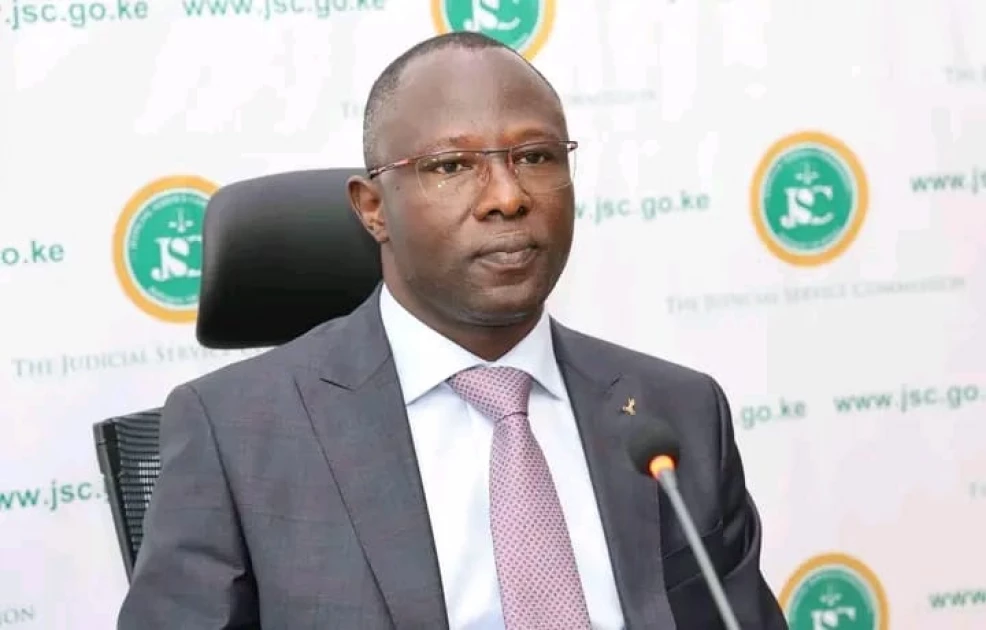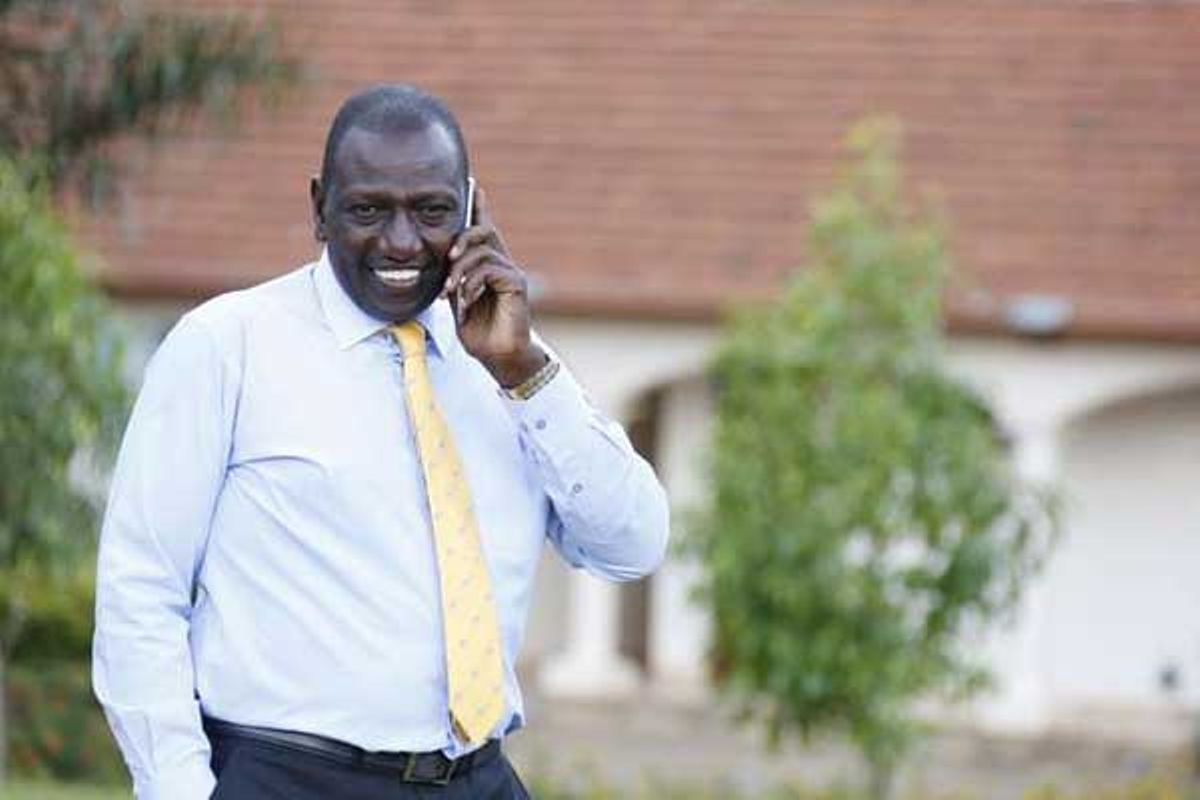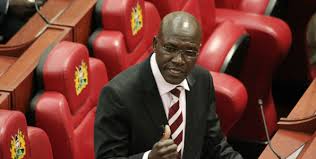Political leaders allied to President William Ruto are quietly but firmly pushing for constitutional amendments that could redefine governance in Kenya. Their plan is bold—tie the referendum to the 2027 General Election.
They say it will save money, ensure massive voter turnout, and finally correct what they call 15 years of constitutional shortcomings.
But behind the promises of reform, critics warn of a larger scheme. The call for a 2027 referendum is no longer a whisper. It is becoming a campaign.
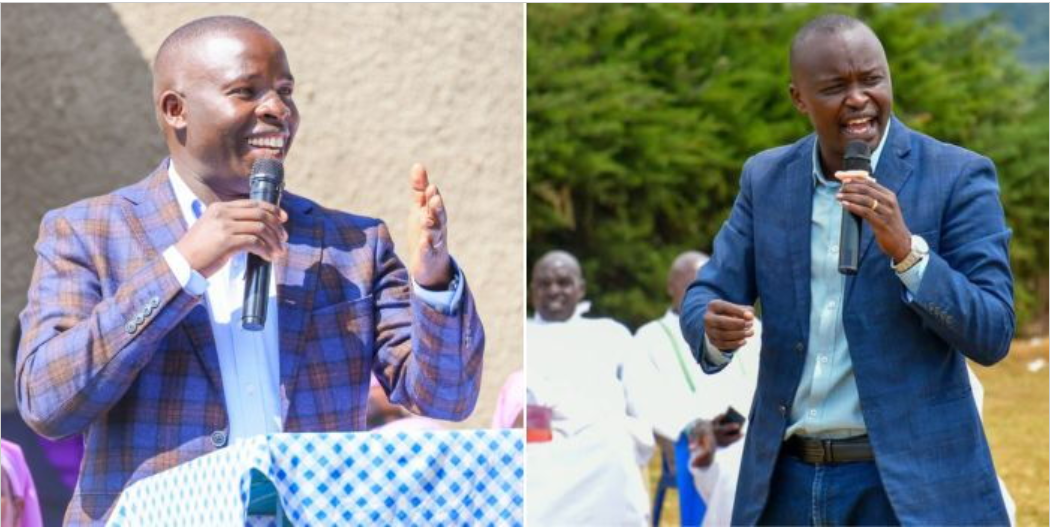
2027 Referendum Debate Gains Ground in Ruto Strongholds
At the heart of the push are vocal leaders from the North Rift, the bedrock of Ruto’s United Democratic Alliance (UDA).
Speaking during a church service in Kapsabet, Nandi Hills MP Bernard Kitur declared that the time had come to amend the Constitution. He argued that while the 2010 Constitution gave Kenya a strong legal framework, it had loopholes that had stalled development.
“Let us start the process of changing the Constitution as soon as now,” Kitur said. “We cannot continue with the same problems for 15 years. The issues must be consolidated and put to the people in a referendum during the 2027 General Election.”
His call was quickly echoed by Nandi Governor Stephen Sang, who insisted that the country must reflect on what has worked and what has failed under the 2010 dispensation. According to him, Kenya needs adjustments to ensure the law fuels progress, not gridlock.
“With 15 years of this Constitution, we can now say what has worked and what has not,” Sang said. “It is time for us to make corrections.”
Key Issues Driving the Referendum Push
Ruto’s allies have identified several issues they want anchored in law. First is the controversial National Government Constituency Development Fund (NG-CDF). The fund has been repeatedly declared unconstitutional, yet MPs view it as the lifeline for development projects.
Leaders argue that without enshrining the NG-CDF in the Constitution, communities will continue to suffer stalled projects and endless legal battles.
Second is the unresolved two-thirds gender rule. More than a decade since its inclusion, Parliament has failed to implement it. The Ruto camp believes embedding stronger clauses could force compliance and settle the matter permanently.
They also point to devolution, which remains under fierce debate. Opposition leader Raila Odinga recently suggested changes to devolved functions, including education. That proposal has added fuel to the calls for constitutional reform, creating an unlikely convergence of interests across political divides.
Political Undertones of the 2027 Referendum
While Ruto’s men present the referendum as a cost-saving move, observers see deeper political motives.
Holding a referendum alongside the General Election allows UDA to ride on voter turnout in its strongholds while shaping the national debate around constitutional change. It would also distract the opposition and force them to campaign on two fronts – defending their political seats while also tackling a referendum question.
Analysts warn that Ruto’s camp may be using the reform agenda to secure long-term political control. By embedding key changes in the Constitution, they can lock in structures that favor UDA’s governance model. The move could also help shift public focus from growing economic frustrations to promises of reform.
Critics argue that Kenya has barely settled into the 2010 order, and rushing into another referendum could destabilize institutions. They also fear that the referendum talk is a clever way to introduce amendments that could weaken checks and balances or tilt power towards the presidency.
The push for a 2027 referendum is only beginning. But its timing, message, and backers show it will be one of the fiercest political battles before the next General Election.
Kenya’s political scene is shifting. The 2027 referendum push will test not just the Constitution, but also the country’s political maturity. Whether it delivers real reform or entrenches political control remains the question.

